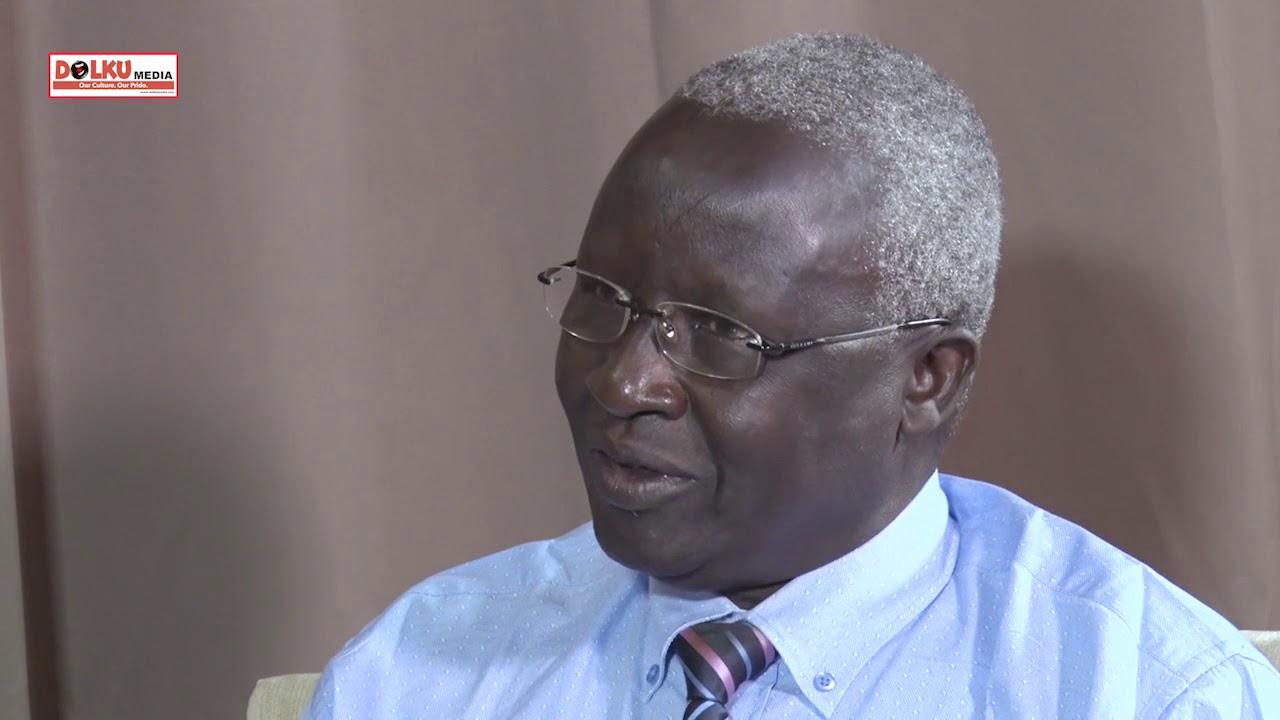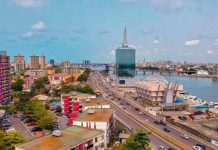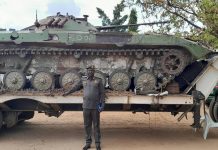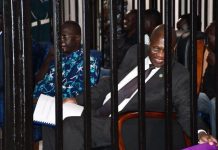Africa-Press – South-Sudan. South Sudan prominent analyst and member of the Reconstituted Transitional National Legislative Assembly (R-TNL) Atem Garang has said popular uprisings in the world’s youngest country cannot succeed given the ethnic differences in the world’s youngest country compared to Sudan where a 2019 revolution let to ouster of longest serving President Omar al Bashir.
Last month, the People’s Coalition for Civil Action (PCCA) called for mass protests against the regime of President Salva Kiir Mayardit and First Vice President Dr. Riek Machar saying the two men, who have been at the helm since 2005, have failed to deliver promises of the liberations struggle and have divided the people of South Sudan based on ethnic grounds.
The protests did not go as planned given threats by senior government officials to use guns against the protesters. Atem Garang said the failure for the protests to take place for August 30th 2021 was a result of the highly tribalized society in South Sudan as well as low levels of political-informed people in the country.
“First, the level of tribalism in Sudanese society is minimal due to religious sectarianism, political ideologies, and professional associations. Secondly: many of the population is politically conscious and highly aware of its regional connections and of the impact of their opinions on how their country should be governed. Thirdly: the middle class (the elites) is big and constitutes most of the urbanized centres in Sudan,” Atem said, according to Sudan Tribune.
“This class is very important and is instrumental in political life and any political change. Members of this class are contemporary thinkers, intellectuals, ideologues, etc. Most of this class own estates, and properties. So, it does not opt or tend for any violence that may invite war and destruction! (Further,) Members of this class are mostly detribalized. They are organized and are members of professional associations,” he added.
He said “the working force (class) in public and private sectors is huge and is highly conscious of its rights regarding employment, pay, work environment/conditions, pension, social services benefits to their families, political rights, etc. This class is solidly organized around their professional associations, not worshippers of tribal unions.”
“This class is also, somehow, ideologized. This class is the bulldozer mobilized and used by the middle class (the elites) and the political parties to crash and bring down the rule of dictators in Sudan. This class looks at social stratification as mobile and ascendable, so it works to join the middle class through financial savings or investment.
“They succeeded because people were ideologically organized and politically sensitized in meetings. Is it possible to move or mobilize the masses of our people in the absence of such sociological fundamentals as in Sudan? We are a tragic, tribalized society. How can we be detribalized?”






